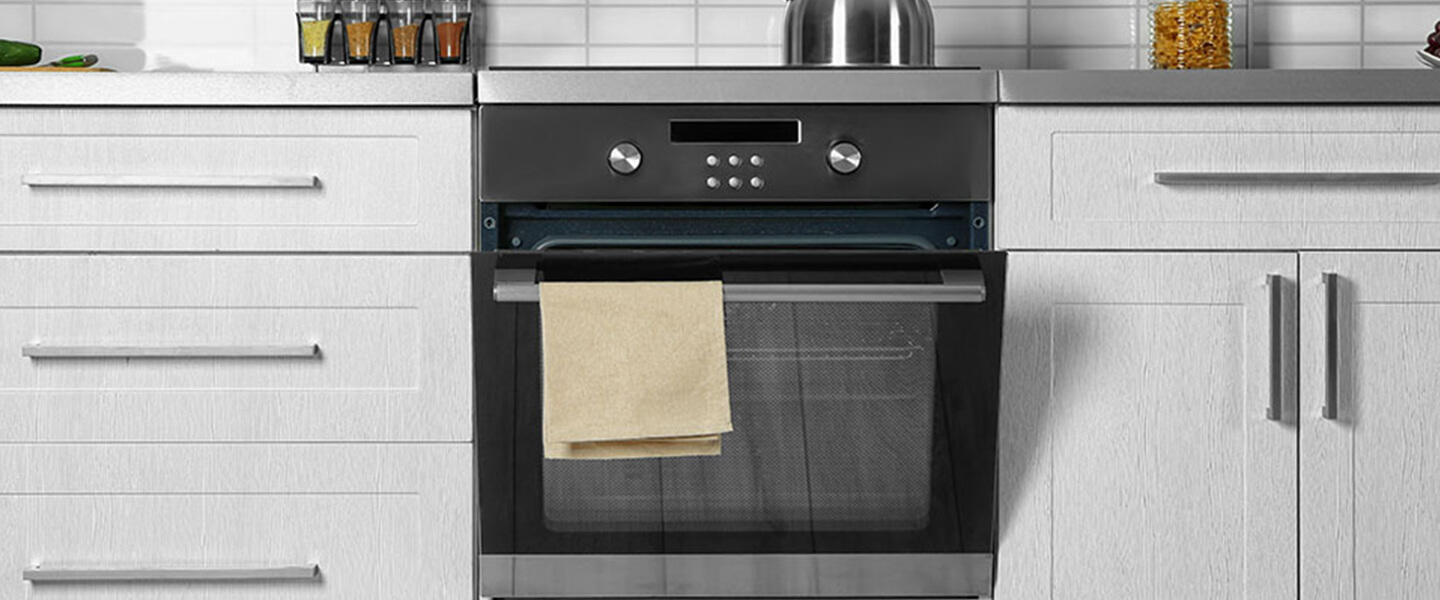
Kitchens are usually the area where friends and family will gather, especially during meal times. Did you know that usage of kitchen ranges make up roughly 11 per cent of the electrical consumption in many households? You can reduce your energy bill every month and contribute to a greener environment without making huge changes or purchasing costly energy-saving appliances. Small simple changes and thought given to reduce energy will prove to make a significant difference.
Whether the unit you have at home is a gas, electric, or coil range, you can definitely save a large amount of energy simply by modifying some of your cooking habits. Here is some energy saving tips for ranges that will help you.
SELECTING THE RIGHT COOKWARE
When you are deciding to purchase new cookware, it is important to take into consideration the implications of certain materials and designs. If you have an electric range, your cookware should be resting evenly on the surface of the burner. The ideal pan will have a slightly concave bottom. This is so that the metal will expand and the bottom area will flatten out when the burner heats up. The electric element will be significantly less efficient if it does not have good contact with the pot or pan. For instance, boiling water could consume 50 percent more energy with a warped-bottom pan as compared to a flat-bottom pan.
Some materials also work more efficiently compared to others, and tend to result in food that is cooked more evenly. For example, copper-bottom pans take a shorter time to heat up compared to regular pans. In ovens, ceramic or glass pans are usually better than metal. If you are cooking food on a stove, you can consider using a pressure cooker. It cooks at a much higher temperature by intensifying steam pressure, hence decreasing cooking time and saving energy.
PROPER MAINTENANCE
One of the most important energy saving tips is regularly cleaning your cooking appliances. When burner pans turn black due to heavy use, they tend to absorb more heat, hence decreasing the efficiency of the burner. By keeping them clean and sparkling, they will be more productive at reflecting heat to the cookware.
If you are using a gas range, ensure that the burner is giving out a bluish flame. If the flame is yellow in color, it means that the gas is not burning as efficiently as it could. It is then recommended to get it checked.
REDUCE COOKING TIME
Decreasing the time spent in cooking will automatically reduce the amount of energy consumed. There are several ways to decrease time spent in cooking. When you are using an oven, try to limit the number of times you peek into the oven, as a large amount of heat will escape every time the door is opened. Food will take a longer time to cook, and more energy will be wasted. With electric ranges, you can switch off the burner right before you are done cooking, as the burner will continue to emit heat for a while. This will also avoid risk of overcooking.


